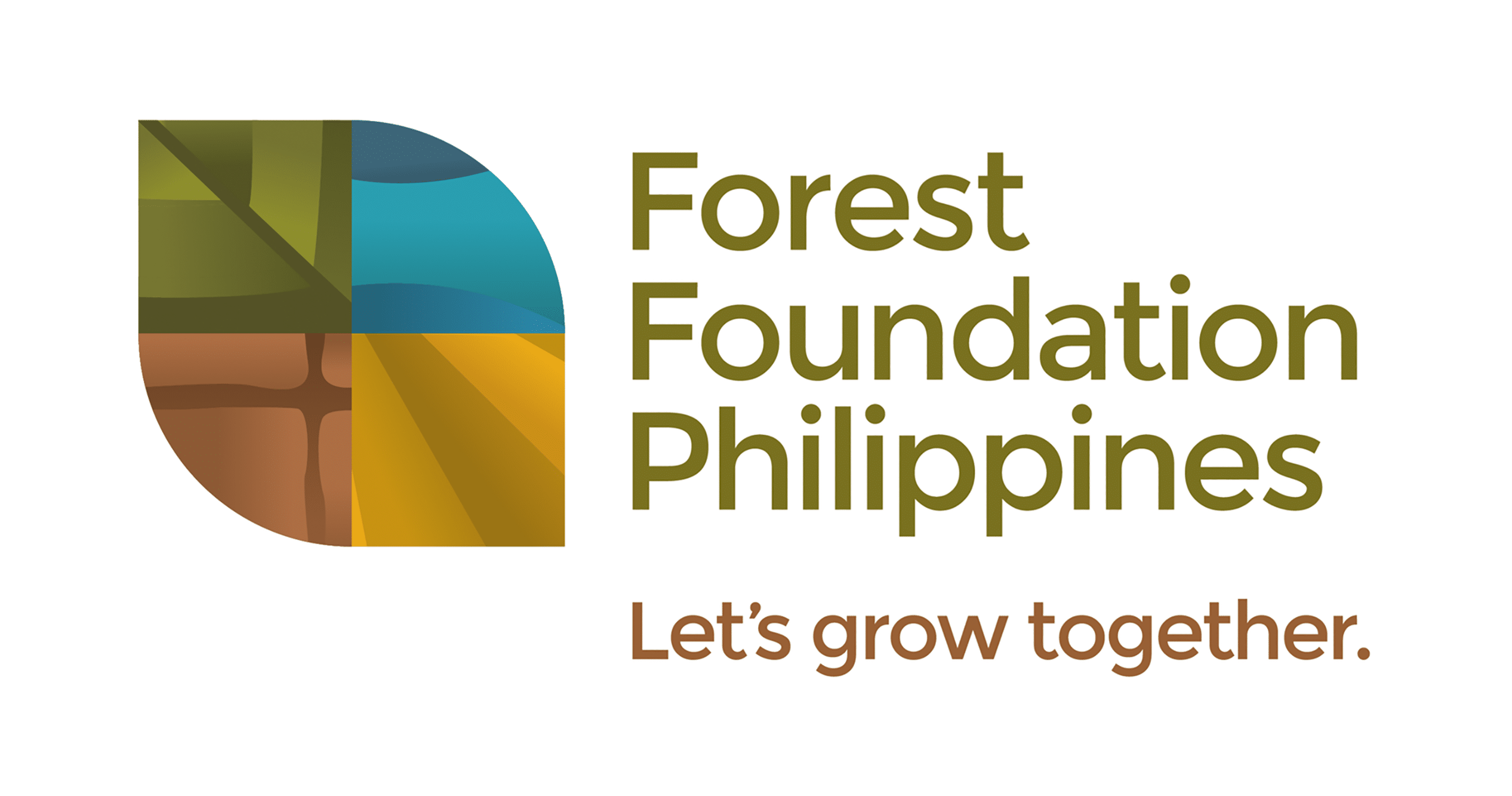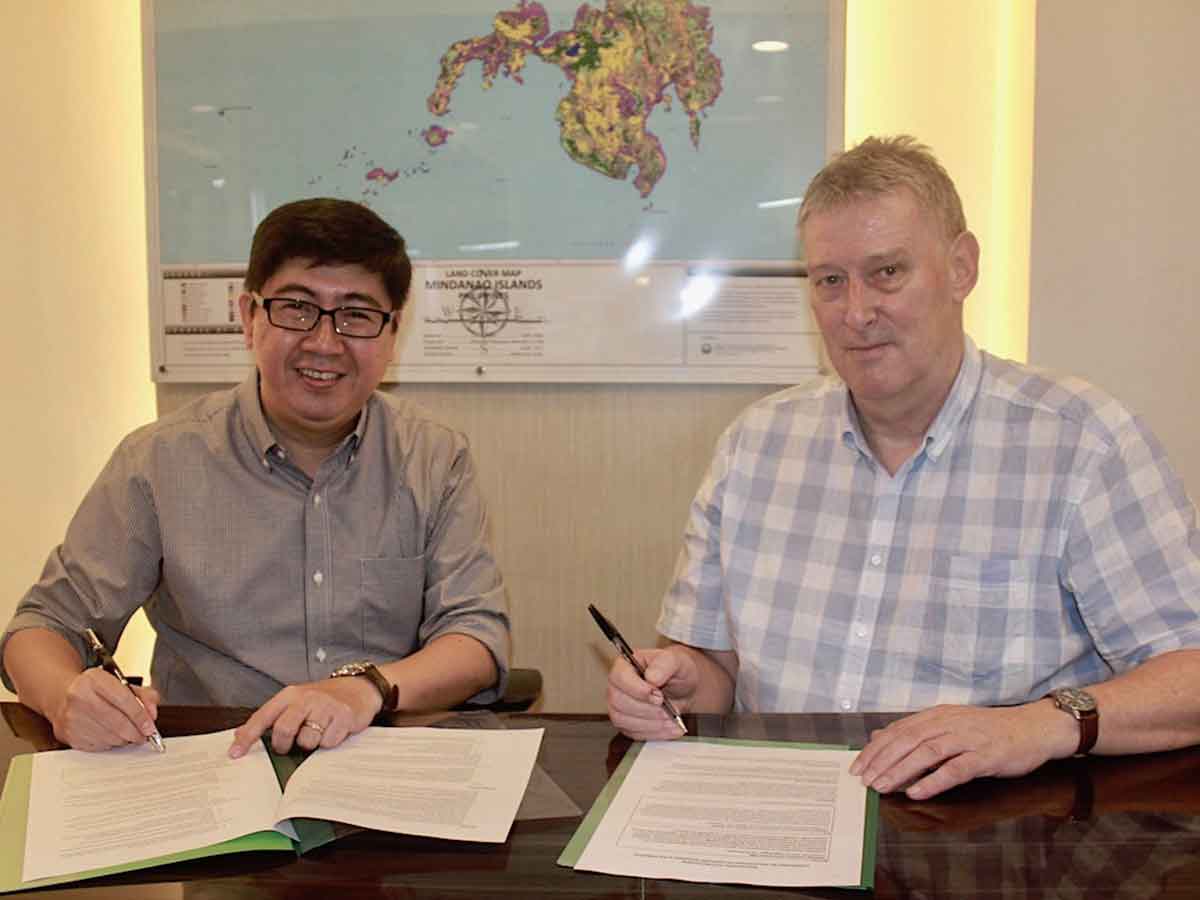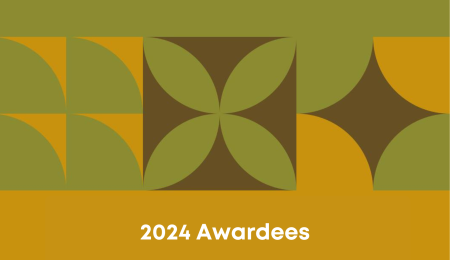A conversation between René Boot and Jose Andres Canivel
Partnerships between NGOs are increasingly commonplace, providing opportunities to learn with and from each other. This is well illustrated by Tropenbos International and the Forest Foundation Philippines, which have been working together for five years. Over Zoom, the directors of both organizations entered into a lively conversation, exploring the merits of their partnership.
Tropenbos International (TBI) operates as a network with members and partners in Asia, Africa and Latin America, promoting the sustainable use of forests and trees in climate-smart landscapes. In 2016, under the umbrella of the first phase of the Green Livelihoods Alliance (GLA), TBI partnered up with the Forest Foundation Philippines (FFP), which provides grants and technical assistance to organizations in the Philippines, with the goal of protecting and conserving the country’s most critical forest landscapes.
Over the years, the relationship has been growing stronger, and TBI and FFP are committed to continue their collaboration in the future. On 13 October 2021, the directors of the two organizations, René Boot and Jose Andres Canivel, met over zoom, to discuss what their organizations gained from the partnership. It resulted in an animated exchange about the importance of dialogue, knowledge brokering, leadership, and mutual learning.
DIALOGUE: JOINTLY DISCUSSING PROBLEMS AND THEIR SOLUTIONS
Canivel: ‘We started working with TBI under the programme of the Green Livelihoods Alliance, which put a lot of emphasis on multi-stakeholder dialogue, both at the national and landscape levels. This has been a real eye-opener for us, and we have adopted dialogue as a central component of our operating framework. We now organize dialogues to bring together NGOs, government agencies and indigenous people, to jointly discuss problems and possible solutions. Next to that, we also expect the organizations we fund to work through multistakeholder dialogues.’
Boot: ‘How did your partners respond to these changes?’
Canivel: ‘When we invited them for a national-level dialogue, they were confused. They knew us as a grant organization, so they expected us to talk about templates and result frameworks, but instead we were initiating a dialogue about problems and solutions. They were puzzled. But eventually they came to appreciate it, and many of them adopted multi-stakeholder dialogues as part of their own operations.’
Boot: ‘I understand you gave specific tasks to different stakeholders in the national dialogue. I think that is very interesting. Giving organizations specific tasks will get you buy-in and makes stakeholders co-responsible for the process. In this way you can make a multi-stakeholder dialogue more effective. That is an important lesson for us.’
CAPACITY AND INFORMATION: IT IS NOT OUR PLACE TO TELL PEOPLE WHAT TO DO
Canivel: ‘Our partnership with TBI has led us to put more emphasis on building capacity and providing information. For example, our partners expressed concerns about the construction of the Kaliwa dam, which could severely disrupt the environment and local livelihoods. After considerations with TBI, we decided not to provide one organization with a grant to oppose the dam, but to build the capacity of many stakeholders instead. We focused on their capacity to participate in the government’s environmental impact assessment process, so they could raise their own concerns. Next to that, we helped produce a map that showed how the dam would affect existing land use and community assets. This was not a campaign — it was providing information, with which local stakeholders could make up their minds. TBI stimulated us to focus on building capacity and providing information, because they often are the most effective ways to have impact.’
Boot: ‘That makes me think of a similar experience in the interior of Suriname, where Tropenbos Suriname helped local communities to make a three-dimensional map of their area. It was enormous; probably about eight meters long and three meters wide. At first, I was a bit sceptical, because it took so much time to build. But when they finished, I saw how the 3D map triggered interactions about land use and the future of the landscape, not only among community members but also between community members and government staff. I think it is not our place to tell people what to do, but we can enable them to have informed discussions.’
Canivel: ‘That’s exactly what happened in the case of the Kaliwa dam. We didn’t advocate directly, but we provided information.’
Boot: ‘I think we can have more influence if we are not pushing our own agenda. We see ourselves as an honest knowledge broker, helping stakeholders with discussing different options, and the consequences of those options. You achieve more in that way, because there is more trust.’
LEADERSHIP: INSPIRATION REQUIRES AN OPEN MIND
Boot: ‘I admire how the Forest Foundation has been able to actively involve and engage young people, within its own organization and beyond. This is creating fresh energy. As a leader, you seem to be able to inspire and enthuse people.’
Canivel: ‘I don’t consider myself a great leader, but when you do something that is linked to your passion, leadership comes easily. Of course, when you do something for a long time, there is always the risk that you fall into a routine. Therefore, for inspiration, you must keep an open mind. You must keep on learning new things. So, when TBI introduced us to the concept of landscape governance, I got inspired. I love to take on new challenges — it keeps me going.’
Boot: ‘You say that learning new things is essential for your role as a leader. For an organization like TBI, it is interesting to think about possibilities to foster this kind of inspired leadership, for example by creating opportunities for people to learn new things.’
Canivel: ‘For inspiration, we must meet up with others. For example, I learned a lot from meeting with Tropenbos staff in Viet Nam. They were using GIS technologies, and I saw first-hand how powerful those can be. So, we have to create opportunities for people to share and learn together.’
Boot: ‘These types of open interactions, where there is room for inspiration, provide an important added value to face-to-face meetings. After all, such moments of inspiration are rarely replicated behind the computer. In the post-covid world I foresee that there will be less traveling between countries. Whenever there will be face-to-face meetings, we will need to use them to their maximum, and we should make sure to maintain opportunities for field visits and open discussions.’
MUTUAL LEARNING: CONCEPTS, APPROACHES AND OPERATIONS
Canivel: ‘It is not difficult to see what we learned from our partnership with TBI. It stimulated us to adopt new concepts and approaches, like applying a landscape governance lens, and facilitating multi-stakeholder dialogues. These became central components of our work. And Tropenbos has always challenged us to take a step back and reflect on what we are doing. A good example is our participation in the multi-country review of community forest rights that TBI organized. This was very helpful to reflect on the bigger picture, and our role in it.’
Boot: ‘Clearly, TBI can also learn a lot from you. I admire many things about the way your organization operates. For example, the Forest Foundation is exceptional in developing attractive and efficient communication materials, with a lot of attention to visuals. This is a huge inspiration for us. Moreover, looking at the way the Forest Foundation operates makes me realize the importance of building in-house capacity on certain themes. I understand that, whenever the Forest Foundation hires a consultant for a specific task, he or she will be linked up with one or more staff members of the foundation. In this way, staff can learn, and the organization becomes stronger. It is such a simple principle, but so effective. These are important lessons for us, as well as for our members and partners.’
Canivel: ‘There is much to learn from each other. I think it is safe to conclude that we should continue fostering dialogue and mutual learning, not only between stakeholders within a landscape, but also between organizations working on similar issues across the globe. The partnership between TBI and the Forest Foundation Philippines provides a perfect example of the benefits of such an approach.’




